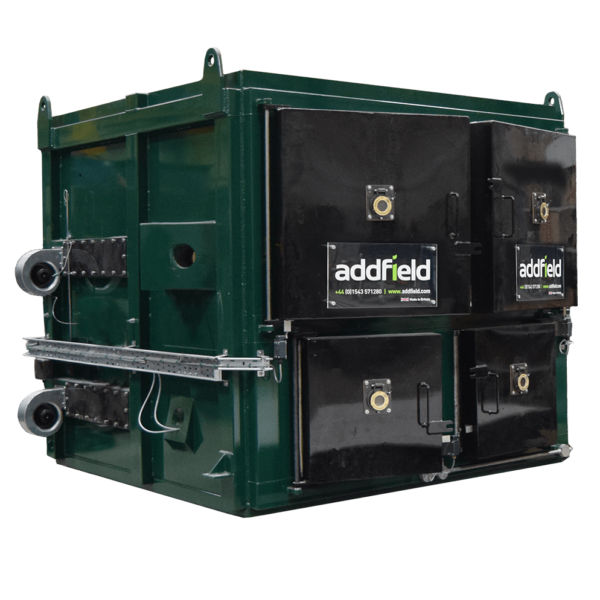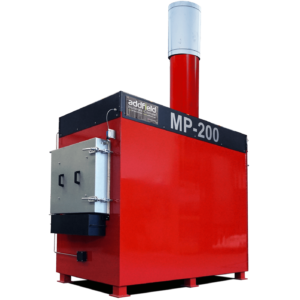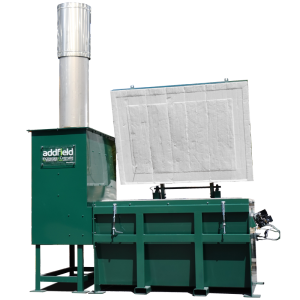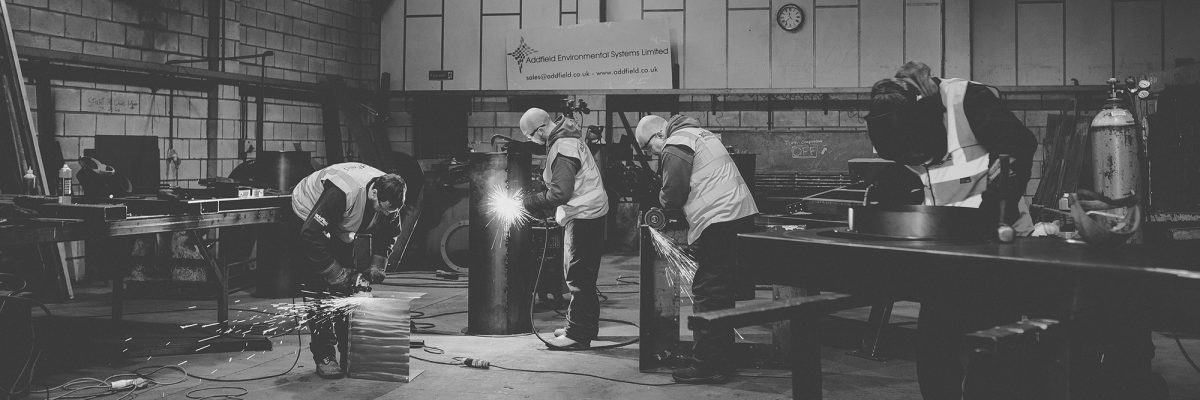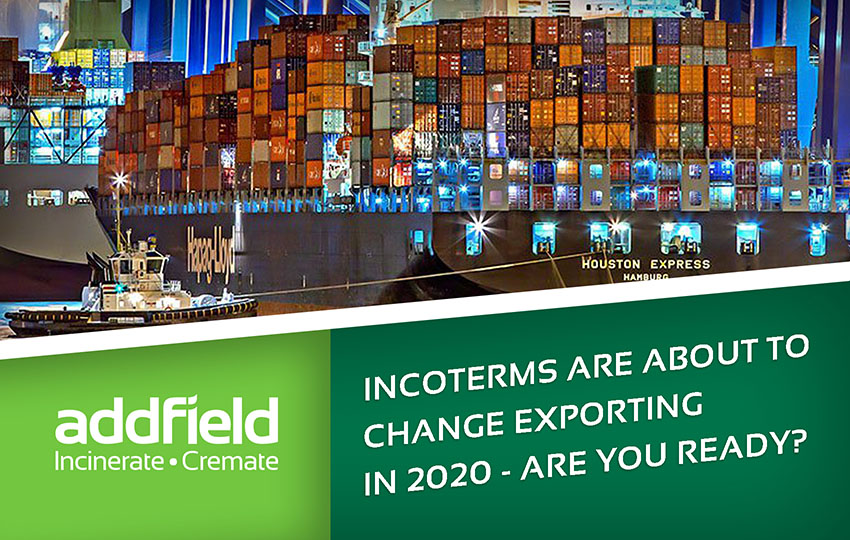
24/10/19
Are you ready for Incoterms 2020?
Incoterms are about to change, are you ready?
Let’s forget about Brexit for a minute and focus on an upcoming change that is going to affect every exporter regardless of the region you sell to. Incoterms are about to change and you need to know what this means and how this affects you to stay protected.
In case you were not fully away Incoterms are essential for all international trade, providing a globally accepted term for international freight delivery. The Incoterms covers the delivery point for the goods sold along with establishing exactly the responsibilities, risks and costs that are associated with both the seller and the buyer. These terms have been in circulation since they were initially created in 1936 and have recently been updated every ten years with the next update due in January 2020.
The first thing to be aware of is, is when you need to change your Incoterms.
You should use the new terms from the 1st of January 2020 and as they are already published you should have plenty of time to become acquainted with the new codes that you will use to replace your existing one.
Can you use the new codes before January 2020?
You can start using the term if the contract specifically refers to the new terms over the current ones. In the same respect, you do not have to switch over straight away to the new terms. If you choose to work with the 2010 set of Incoterms you can however this needs to be clearly stated and defined in the contracts. It is expected though that within 18 months all companies will be fully compliant with the 2020 terms.
Now, what do you need to do about Incoterms 2020?
First off find out what terms your business currently uses and how they are going to change. It is unlikely that you currently use every term so don’t be overwhelmed by changes that will not affect you.
This is actually a great opportunity for you to audit your current terms and make sure that you are actually using the most appropriate ones currently, you may be surprised.
You can find the full set of 2010 Incoterms here https://iccwbo.org/resources-for-business/incoterms-rules/incoterms-rules-2010/
When you are satisfied with the existing terms that you are using check what changes (if any) have been made and how these affect you. Once again you may want to review the terms you use to ensure appropriate compliance.
You can find the full set of 2020 Incoterms here https://iccwbo.org/resources-for-business/incoterms-rules/incoterms-2020/
Once you know the new codes that you are going to be using be proactive and begin preparing your contract documents for the new year to include the new Incoterms also notify your customers of the changes and the impact this may have on them and if they are expected to carry out any additional duties.
Although there are a number of changes across the full Incoterms 2020 guidance there are a number of noticeable changes.
These include:
CIP and CIF Insurance changes
The term CIP (Carriage and Insurance Paid to) means that the seller will deliver the goods to the carrier and also covers the insurance for the rest of the journey to the final destination. The term CIF (Carriage Insurance and Freight) is similar except that it only applies to maritime transport, meaning delivery onto a ship with the destination being a port.
The 2010 incoterms require the provision of insurance for the buyer known as Clause C. This provides a basic level of insurance, which may be suitable for bulk commodity items but not correct for manufactured goods.
In the newest version CIF keeps the same Clause C insurance but now also includes the requirement of Clause A. The reason for this is that CIF has been found to more commonly contain bulk commodity trades while CIP is more common for manufactured goods.
FOB, FCA, and Bills of lading
FOB is generally used for container shipments. In this instance, the seller takes on a high level of risk. The seller maintains liability for the container and its contents until it is securely loaded onto the ship. However, once the container enters the port it leaves the control of the seller which means that there is a level of risk that they cannot control and will be liable for such as if it is damaged. As well as potential unexpected storage and loading fees.
We would generally request the term FCA which often requires the payment to be made securely with a letter of credit. For the credit to be issued a Bill of Laden is generally required. When using FOB the seller is most often issued with a bill of loading directly however this is more difficult when using FCA.
Going forward the 2020 incoterms will allow both parties to agree for the buyer to issue an onboard bill of lading directly to the seller removing risks and speeding up the overall process.
DPU is replacing DAT
DAT (Delivered at Terminal) means that once goods have been unloaded at the terminal they are considered delivered as far as the seller is liable. The new term DPU allows the delivery to be concluded at site, such as a farm or business.
Increased security
There has been a global increase in security requirements including more mandatory screening of containers. The changes will incur greater costs and the risks of delay. Previous versions of Incoterms were not specific on who was responsible for these costs however in 202 there is much more formal guidance on the management of this aspect.
Ex Works is moving to FCA
The term Ex Works is being removed and being replaced in most instances by FCA (Free Carrier). Under Ex Works it had previously been assumed that the delivery would be completed by a third party carrier. This has often been an issue with some of our customers who have been able to collect directly from us. In the new 2020 incoterms, they have added the ability to more formally state that the buyer or seller will ‘arrange at its own cost for the carriage of goods from the named place of delivery’ under FCA.
These are only a small number of changes to the recently published Incoterms, to read more visit:
https://iccwbo.org/resources-for-business/incoterms-rules/incoterms-2020/
https://www.incotermsexplained.com/
——————————————————————-
This information is meant purely as an informal guide. We would highly recommend if you are affected by the changes in INCOTERMS® that you confirm the impact with your insurance providers and logistics provider.
- British Designed.
British Built. - World leaders in
incineration technology. - Unrivalled build quality
& machine longevity. - Distributed to more
than 140 countries. - Environmentally
Responsible. - Trusted partner with
40 years experience.


